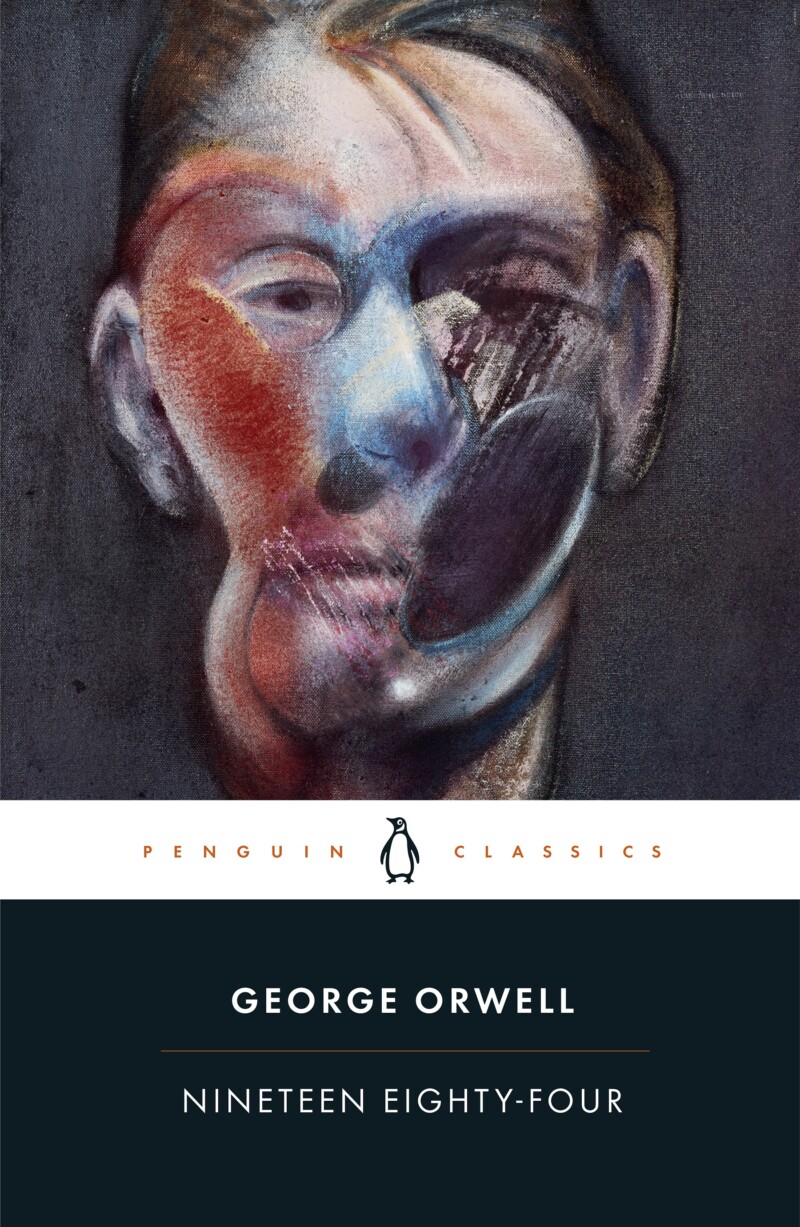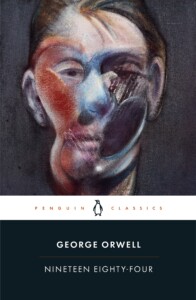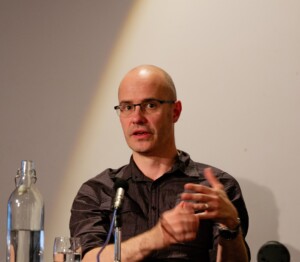Responding to George Orwell Ollie Jones

Share this
I read a commissioned essay from the Festival of Ideas responding to an idea presented in Orwell’s novel Nineteen Eighty-Four.
Nikesh Shukla gives his take on Orwell’s idea of ‘thought police’ and its application on political discourse and social media today. ‘Thought police’ is the practise of oppressive political censorship of ideas and criticism to maintain control. He weaves through the debate between personal experience and examples from the wider world. Although not equally synchronised it provides an excellent scope between social media forums and backlash from opinions to foreign government action against the published work of a writer.
I used this as inspiration to restructure my own essay, ‘Cancerous Fathers’. It allowed me to explore witnessing my father’s fight with cancer, our changing relationship during this process and how the NHS treated him in relation to Orwell’s essay. However, due to limited practise weaving multiple ideas simultaneously in writing, I was worried I’d muddle the message. This resulted in my early drafts having no clear point and even less to do with Orwell. Eventually redrafting yielded gifts, and after a group workshop, my essay began to form with connected themes and flow.
Unfortunately, like Shukla, I fell into the trap of unbalance between subjects. In reflection, the change in the relationship between myself and my father took has a greater presence in the essay over the NHS and their treatment. This parallels Shukla’s essay which focuses on social media altercations, and the fight between the left and right, rather than governments who censor materials they deem against their agenda. In his essay of ten paragraphs, only three focus on addressing the practise of ‘thought police’ in modern governments, which I think is the heart of the essay. I made the same mistake. Yet, I have no trouble arguing that each topic weaved strengthens the other ideas put forward.
In Shukla’s essay, he draws on a comedy sketch programme that sheds light on a situation he personally has faced. This contrasts with the Saudi Arabian government threatening legal action again Netflix for producing a critical comedy show against Mohammed bin Salman, the crown price. In my own essay, I used a thesis, antithesis and synthesis formula for the imagery of my Father as The Terminator. Thesis; he is The Terminator in my mind, or unstoppable. Antithesis; he isn’t The Terminator in real life, or vulnerable. Synthesis; he is as human as the actor who plays The Terminator, or a Father. This punctuated my Father’s personal journey and our experiences with the NHS, maintaining that link to Orwell, allowing for a satisfying conclusion.
To conclude, Shukla’s essay and technique of threading multiple ideas and examples has improved my essay. I feel it has greater depth and a fulfilling message due to thorough practise of this technique. Despite the difficulty I had learning and using it, I’m keen to use it again to enhance my writing further.

